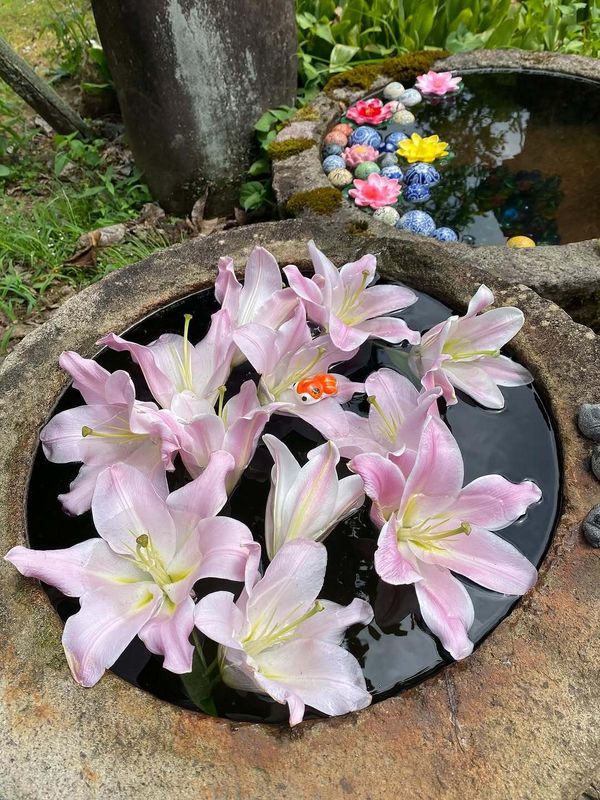Aug 15, 2025
Japan's performance on the Global Flourishing Study
If you've lived in Japan for a while, you know it is a country of striking contrasts. On one hand, it offers world-class safety, public transport that runs like clockwork, and a cultural richness that feels endlessly deep. On the other, it can feel surprisingly lonely.
The first wave of the Global Flourishing Study (GFS), a massive, multi-country look at well-being across 22 nations, has put numbers to that feeling. The results show that Japan landed at the very bottom of the flourishing rankings.

Apparently, Japan as a nation isn't really flourishing so well...
The GFS measures well-being across several areas:
• happiness and life satisfaction
• mental and physical health
• meaning and purpose
• character and virtue
• close social relationships
It was that last one, close social relationships, that really pulled Japan's score down.
The study found that Japanese respondents were least likely in the world to report having a close friend. It's something that I feel aligns with what many expats notice, that social circles here tend to form slowly, and relationships often stay within certain formal boundaries for years. Add in cultural norms around privacy, modesty, and not burdening others with personal issues, and it becomes easier to see why deep, emotionally open friendships are less common here, at least by the standards some of us are used to back home.
Another interesting finding was that Japan follows a U-shaped curve in flourishing. Wellbeing is higher in youth, dips during middle age, and then rises again in older age. For expats, that middle-age dip might be especially noticeable if you are juggling work demands, raising children, and navigating the unique bureaucracy here at the same time without a traditional support network. I can personally attest to the fact that it feels like a lot, most days!
Some other interesting takeaways: Japan's cultural profile is high on individualism and flexibility compared to some Asian neighbors, with people tending to value self-reliance, independence, and adaptability. This can be great for personal growth, but may mean there is less built-in communal support. Additionally, religion plays a relatively minor role in social life, so you won't always find ready-made communities through faith-based gatherings.
What this means for expats
Living in Japan is super rewarding in many ways, but the GFS findings are a reminder to be intentional about building your own support network.
Some ideas that might work for you:
• Join clubs, sports teams, or hobby circles where you see the same people regularly (I've had success with cooking classes and craft-based hobbies).
• Look for both local and expat friends since each can meet different emotional needs.
• Make use of online groups to find like-minded people nearby.
Japan is an amazing place to live, but the results are a reminder that flourishing here still takes effort, especially in the friendship department. Unfortunately in-text hyperlinks don't seem to be working for me at the moment, but you can explore more about the study here: https://globalflourishingstudy.com/



0 Comments